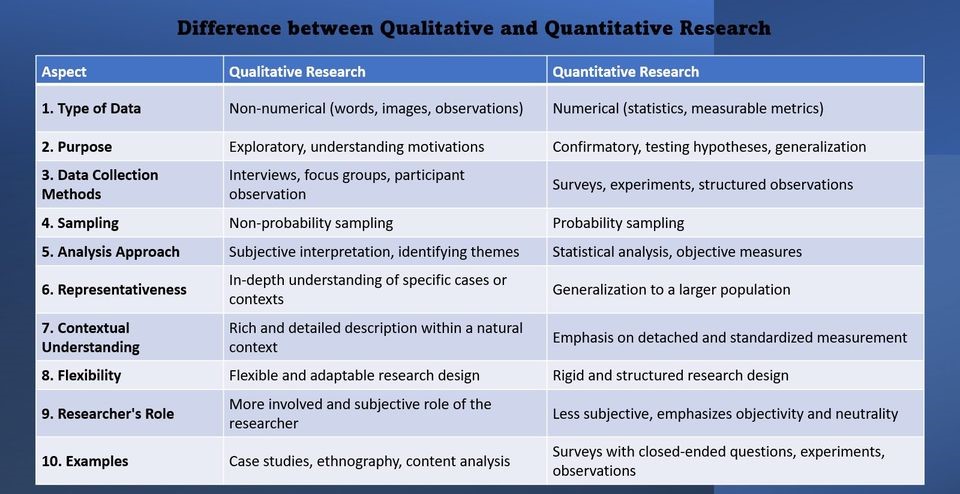Dissertation Consultants
Your Proposal
Many students seek guidance at the very beginning stages of their dissertation journey, often before or shortly after selecting a topic. At Dissertation Consultants, we recognize that this initial phase is critical, especially when it comes to developing a compelling and feasible proposal. The proposal is more than just a plan; it’s the foundation of your entire dissertation. It outlines your research objectives, methodology, and the scholarly significance of your study. Our experienced consultants work collaboratively with you from the outset, offering tailored advice and support to ensure your proposal not only meets academic standards but also positions you for successful research.
Our clients frequently express a common set of needs: the desire to graduate quickly and affordably. Dissertation Consultants is dedicated to addressing these priorities by providing efficient, targeted assistance designed to save you time and reduce costs. We help you navigate the complexities of proposal development, from formulating a clear research question to outlining a robust methodology and crafting a persuasive literature review. By establishing a detailed, strategic plan for your proposal, we lay the groundwork for a streamlined dissertation process. Our goal is to equip you with a well-structured, thoroughly vetted proposal that serves as a roadmap for your research, ensuring that each subsequent step is clear and manageable, ultimately facilitating a smooth path to your academic success.

Our comprehensive approach will encompass your thesis, prospectus, or chapter 1, expanding and strengthening the research into what will become your important study. From refining your initial ideas to developing a well-supported framework, we provide the expertise needed to shape your work into a compelling academic contribution. The work we do, including chapter 2, the literature review, and chapter 3, the methodology, is part of a customized package tailored to each individual client’s needs, ensuring that every aspect aligns with your research goals and institutional requirements. Dissertation Consultants understand the importance of adhering to your specific plan and guidelines, committing to meticulous attention to detail, scholarly rigor, and the ultimate goal of securing approval for your dissertation.
- Chapter 1 - Introduction
Chapter 1 of a dissertation lays the foundational groundwork for the entire research project. It begins by introducing the research topic, offering necessary background information, and clearly articulating the central problem or research question the study seeks to address. This chapter emphasizes the significance of the research by explaining its relevance, potential contributions to the field, and the rationale behind undertaking the study.
It also outlines the specific research objectives or hypotheses that guide the investigation. To situate the study within existing scholarship, Chapter 1 includes a concise review of relevant literature, highlighting key themes and identifying gaps the research intends to fill. Furthermore, it provides an overview of the research design, methodology, and data collection strategies, preparing the reader for the detailed discussions in subsequent chapters. The chapter typically concludes with a brief outline of the dissertation’s structure to guide the reader through the forthcoming content.
- Chapter 2 - Literature Review
Chapter 2 of a dissertation, commonly known as the literature review, plays a crucial role in grounding the research within the broader academic conversation. It involves a thorough examination of existing scholarly work, including key studies, theories, and concepts related to the research topic. This chapter demonstrates the researcher's familiarity with the current body of knowledge and highlights how the study fits into or challenges existing paradigms. By engaging critically with the literature, the researcher not only summarizes past findings but also evaluates their strengths, limitations, and relevance to the current study.
A key purpose of the literature review is to identify gaps, inconsistencies, or unresolved questions in previous research that the current study aims to address. This analytical approach helps to justify the need for the research and sets the stage for the formulation of research questions or hypotheses. Additionally, Chapter 2 often establishes the theoretical or conceptual framework that will guide the methodology and analysis in later chapters. Overall, the literature review provides both context and rationale for the study, positioning it as a meaningful contribution to the field.
- Chapter 3 - Methodology
Chapter 3 presents the research design, methodology, and data collection methods used in the study, with the goal of explaining how the research was conducted and justifying the methodological choices. It outlines whether the study uses a qualitative, quantitative, or mixed methods approach and provides a rationale for this selection.
The chapter also details participant selection criteria, sampling methods, and data collection instruments such as interviews, surveys, or observations. Ethical considerations, including participant confidentiality and consent, are addressed, along with any methodological limitations and steps taken to minimize them. Overall, Chapter 3 ensures the research process is transparent, credible, and replicable.
What is the difference between Qualitative and Quantitative Research?
Qualitative and quantitative research are two distinct approaches to gathering and analyzing data, each serving different purposes in research.
-
Qualitative Research focuses on exploring and understanding the deeper meaning, context, and experiences behind a phenomenon. It collects non-numerical data such as interviews, observations, focus groups, and open-ended survey responses. The goal is to uncover insights into people's thoughts, emotions, motivations, and behaviors. The findings are typically descriptive, interpretive, and contextual, providing a rich, detailed understanding of the subject.
-
Quantitative Research emphasizes measuring and quantifying variables to identify patterns, relationships, or trends. It involves the collection and analysis of numerical data using structured tools such as closed-ended surveys, experiments, or statistical models. This approach produces results that are measurable, objective, and generalizable, allowing researchers to test hypotheses or make predictions.

Dissertation Consultants is a premier US academic consulting firm dedicated to empowering PhD students in their research journey. We specialize in providing comprehensive support to doctoral candidates, including research assistance and proficient writing services for dissertation chapters. Our team of expert professionals possesses deep subject matter expertise and a track record of producing exceptional scholarly work. We believe in fostering trust and ensuring the highest standards of academic integrity. You can have confidence and a strong sense of hope for your academic success. We’ll help you graduate!